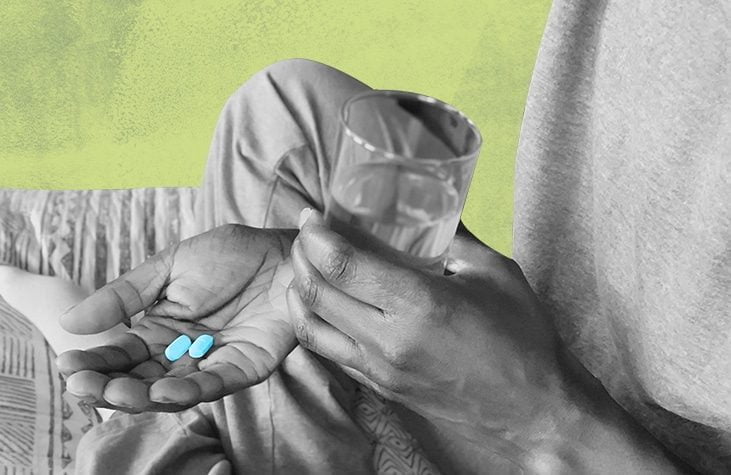Herpes is caused by the herpes simplex virus (HSV). Genital herpes can result in painful and discomforting sores or blisters around the mouth or genital area. Coping with HSV can be a challenging and stressful ordeal. Fortunately, several effective treatments exist for managing genital herpes.
Curious about how to treat genital herpes? Is there a difference in treatment approaches for men and women? Read on to uncover effective strategies for managing genital herpes.
Treatment Options for Herpes
While a cure for herpes has yet to be discovered, various treatments and medications are available to manage outbreaks and alleviate the severe pain from herpes-induced sores. Doctors commonly prescribe antiviral medications for individuals with HSV infections. Although antiviral therapy does not eliminate HSV, it can substantially reduce discomfort.
Effective Treatments for Genital Herpes
Several options are available to address herpes symptoms, including prescription drugs, over-the-counter (OTC) treatments, and home remedies. For milder cases, topical treatments for herpes are also an option. Treatment plans may vary depending on the type and severity of your infection.
Treatment for Severe Genital Herpes Cases
Here are three commonly prescribed herpes medications for treating genital herpes: acyclovir (Zovirax), famciclovir (Famvir), and valacyclovir (brand name Valtrex). For severe cases, doctors might recommend intravenous administration of acyclovir.
Managing Recurring Genital Herpes
If you are diagnosed with genital herpes and experience symptoms such as sores, your doctor will likely suggest a short course of antiviral therapy lasting seven to 10 days. Initial treatment is crucial to manage and prevent worsening of symptoms. If the sores do not show improvement within this timeframe, your doctor may extend the treatment duration.
The first treatment option is intermittent therapy. This entails keeping antiviral medication on hand to take for two to five days if another outbreak occurs. Though sores will eventually heal on their own, medications can lessen the severity of symptoms and expedite recovery.
The second option is suppressive therapy, aimed at preventing recurrent outbreaks. If you have frequent outbreaks, you might consider taking daily antiviral medication available at OTC pharmacies. Suppressive therapy can reduce the number of yearly outbreaks by 70 to 80 percent. Additionally, daily suppressive medication lowers the risk of transmitting the virus to sexual partners.
Treatment Considerations for Women
The most common treatment for genital herpes in women is antiviral medication. This medication can slow down the virus’s growth and reduce the chances of it spreading. This treatment is vital for women, who are more susceptible to contracting the virus, to minimize and prevent its transmission.
Treatment Considerations for Men
Men can also benefit from antiviral medications to manage virus development. Additionally, doctors may recommend pain relievers like ibuprofen to alleviate discomfort. Another option is to use an ice pack wrapped in a clean towel to reduce swelling and inflammation during outbreaks.
